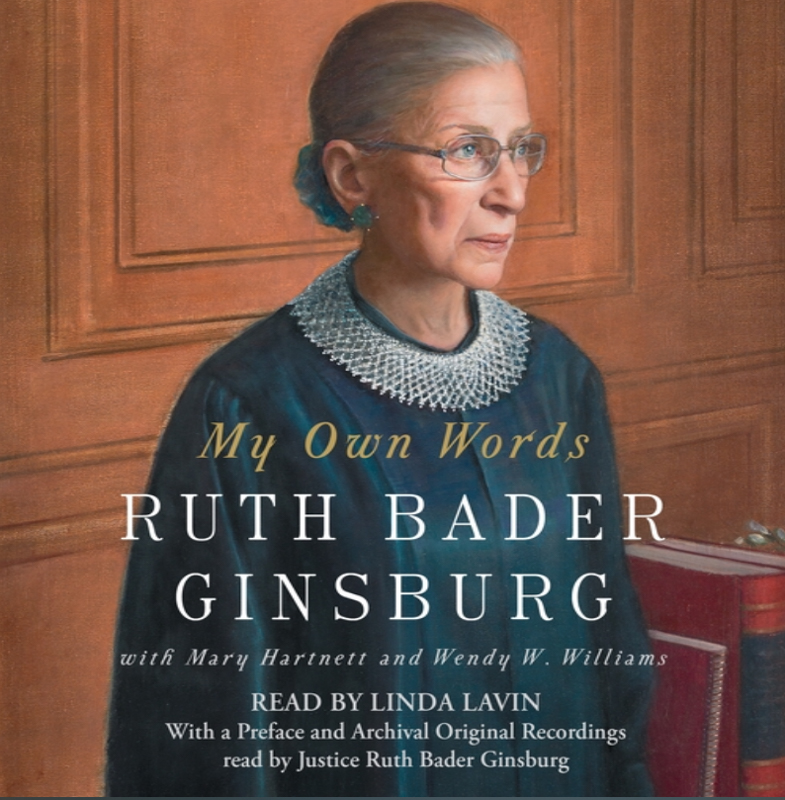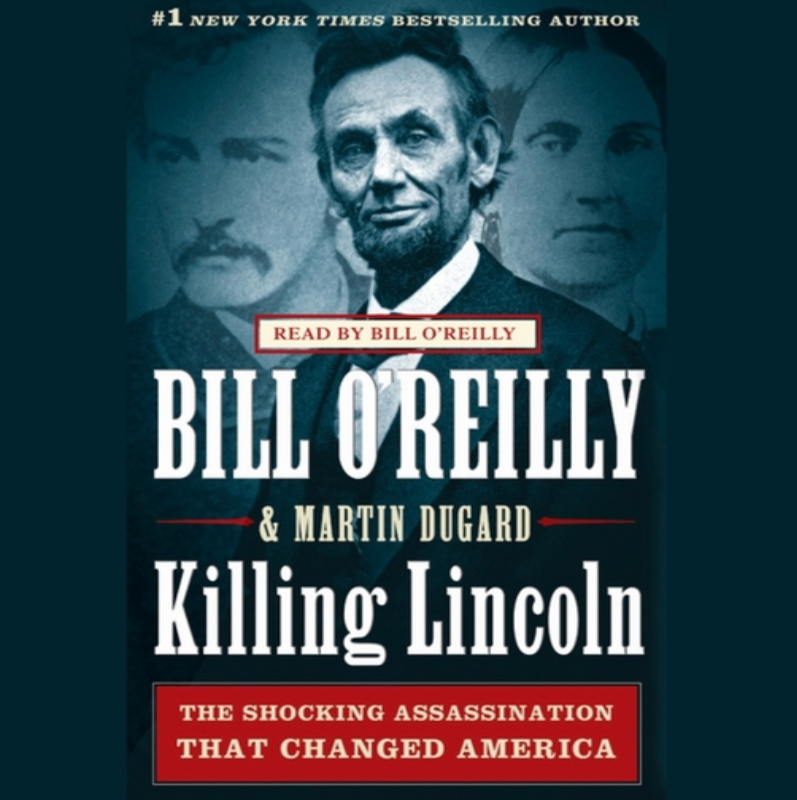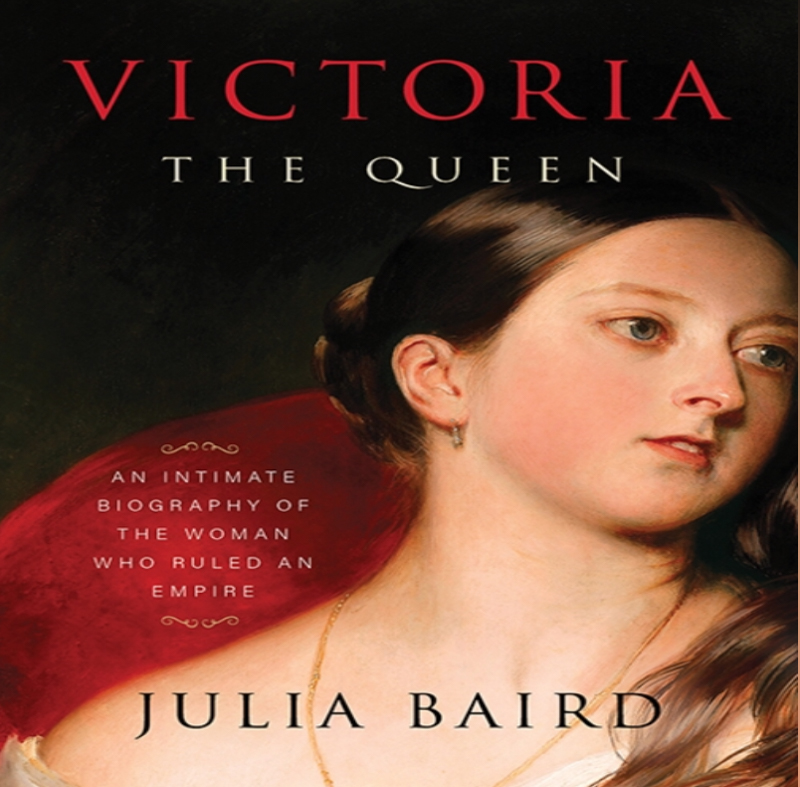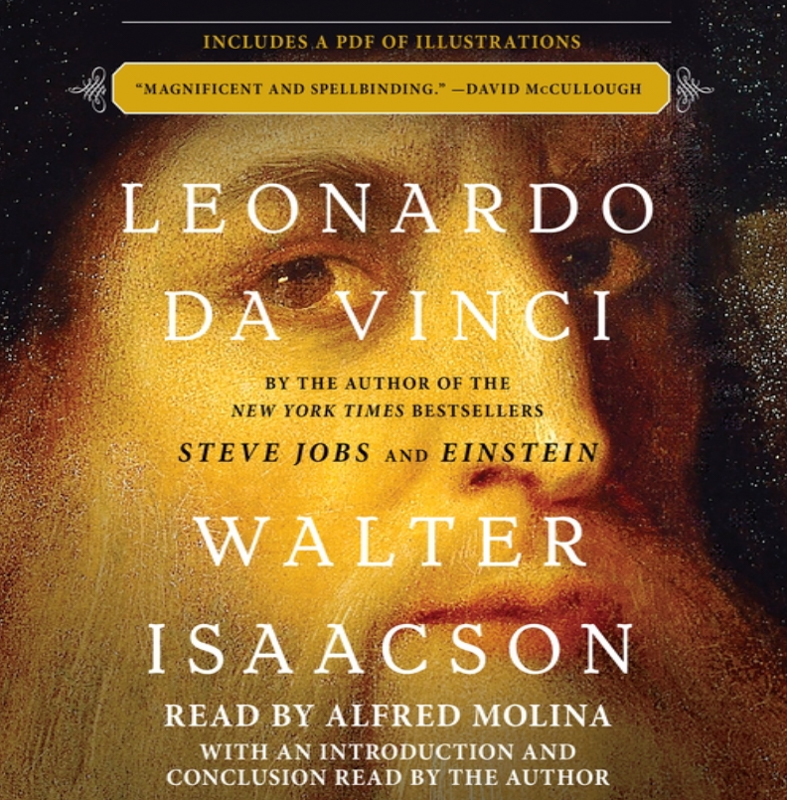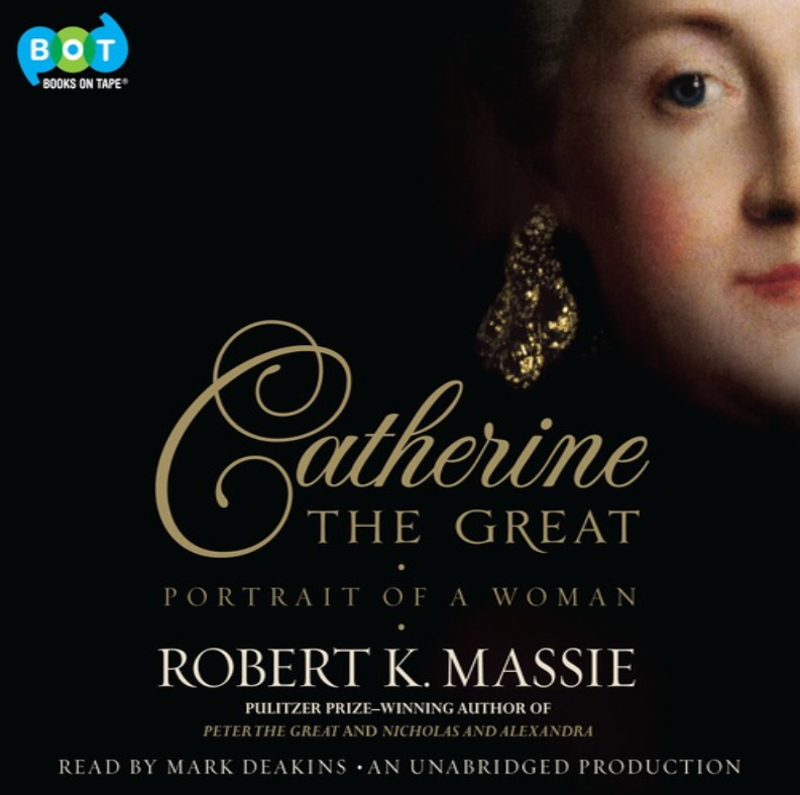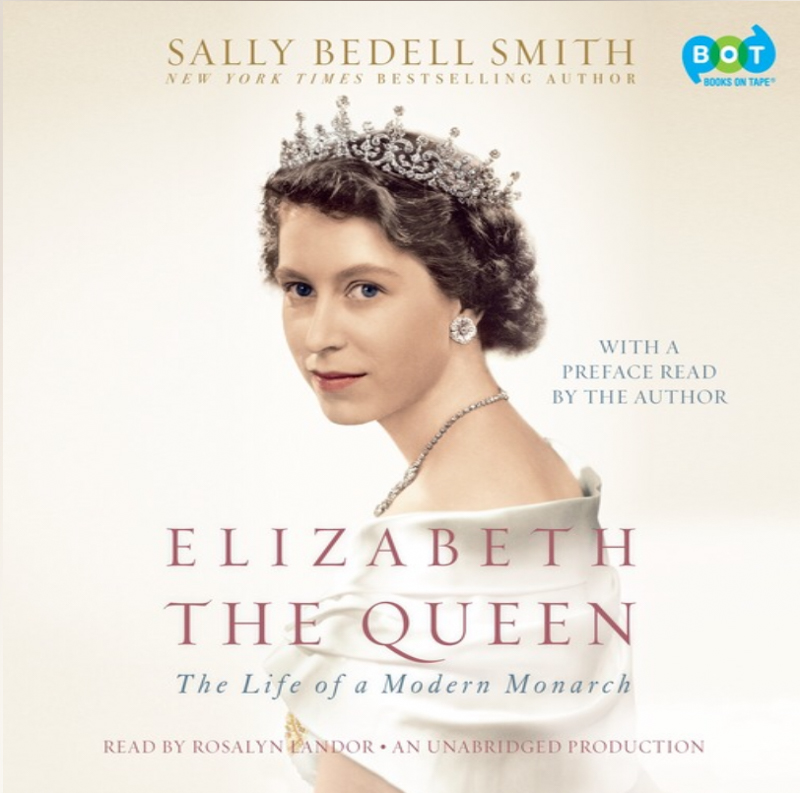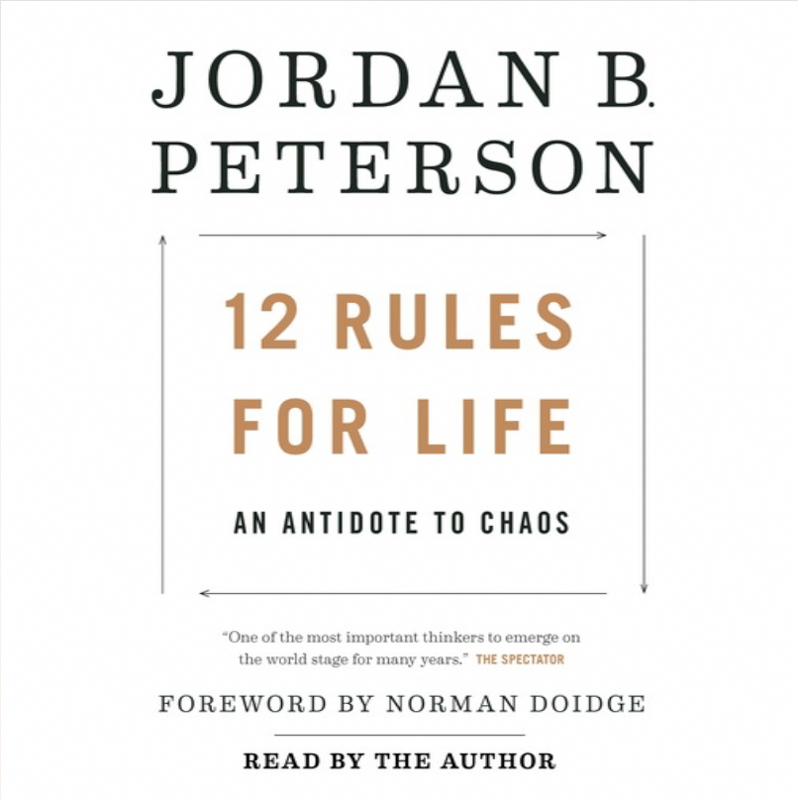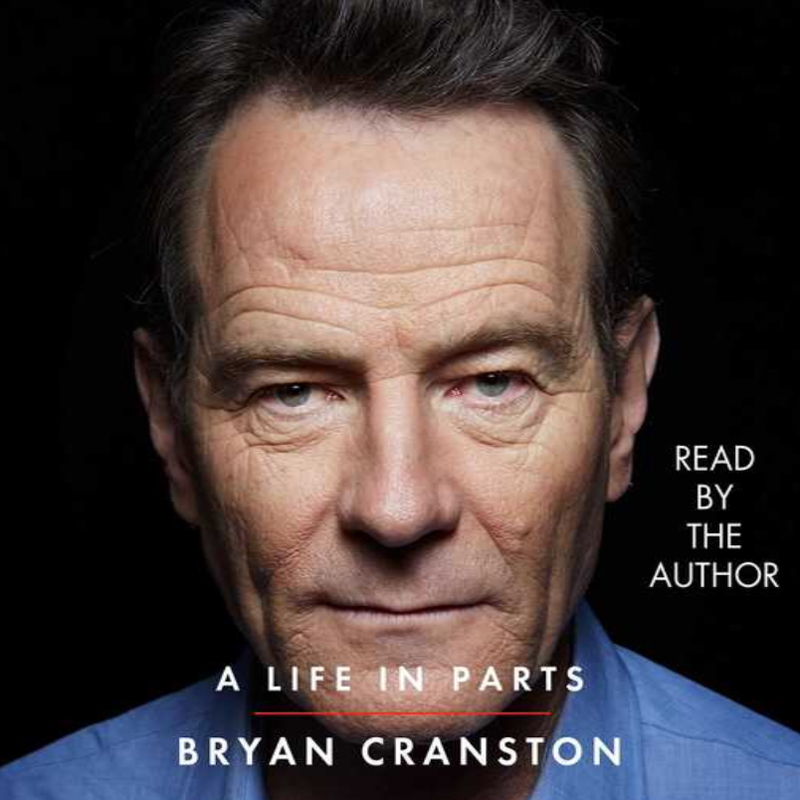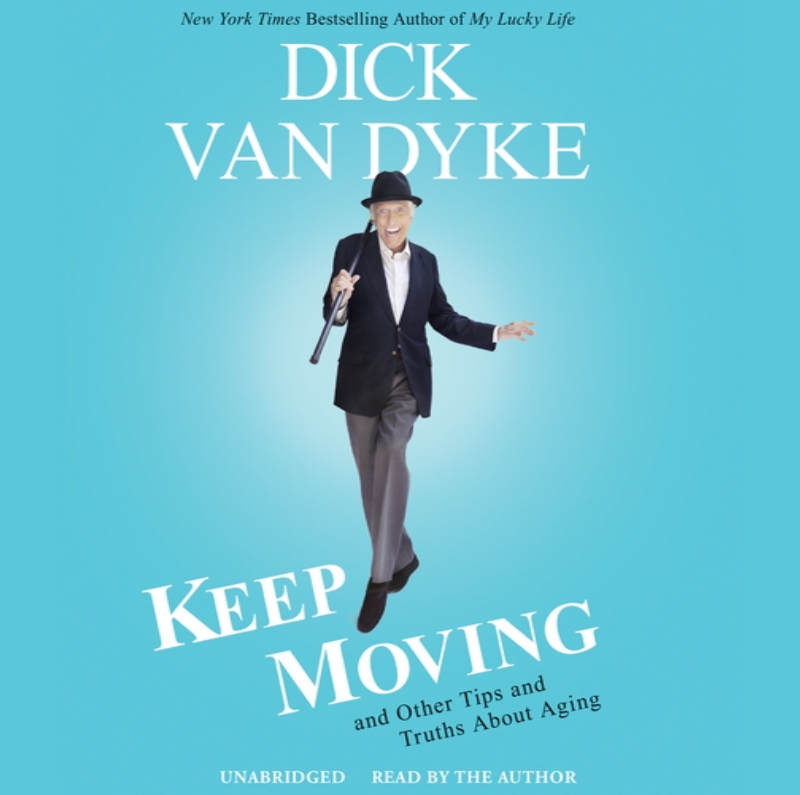Hidden Figures
Background
Hidden Figures by Margot Lee Shetterly is a non-fiction book that tells the story of the contributions of African American women to NASA during the early days of the space race. The book provides a detailed account of the lives of these women and their work at NASA, as well as the broader social and historical context of the civil rights movement and the Cold War.
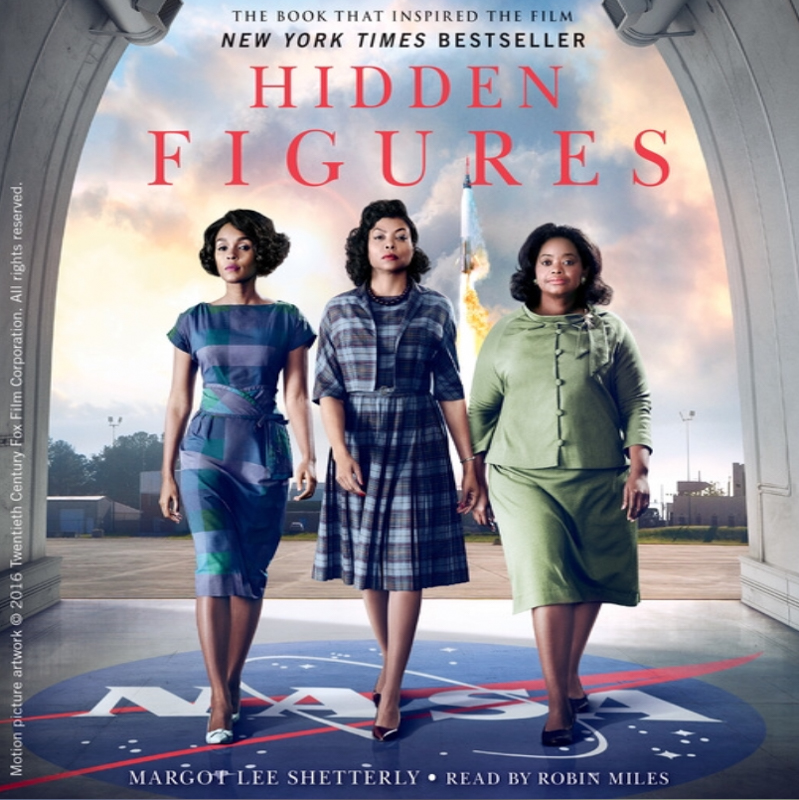
My Thoughts
Having grown up out West, the idea of racism wasn’t really played out in front of me. Before the trolls start lambasting me on that comment I feel I should mention I hold a degree in sociology and I’m well aware of the systemic and institutional forms of racism which are much more difficult to discern. That being said, it really wasn’t a thing for us. I grew up in a culture where we were constantly told that the white male was taking advantage and yet we were pretty much all white. Then I moved to the East Coast…
My first day of government service was at the Pentagon. I was attending orientation and was sitting next to a former Marine Master Gunnery Sergeant who happened to be black. We got along pretty well and spent our lunch together. He asked me if I was racist. I told him I didn’t think so. He told me, “You will be.” He then told me about how he had spent his entire career on the West Coast and no one had ever had an issue with the color of his skin until he came out East. He told me of an incident at a bowling alley just the week before involving his wife and some men who didn’t seem to believe she and their family should be there. (I have come to refer to these folks as rednecks.) Many experiences out here has demonstrated time and again that racism is still a thing along the coast.
Yet, it goes two ways as well. My first day on the job, before I even had a desk or a place to put my bag, a woman accused me of being racist and sexist. I was the incoming supervisor and the outgoing supervisor was writing up this person for not showing up to work on time. I sat in the corner of the room and didn’t say a word through their interaction. Yet, I was labeled sexist and racist because she felt I should have defended her. I’ve learned through sad experience after sad experience that this is the modus operandi of many federal workers. The good news is these folks are as easily spotted as the rednecks were in that bowling alley.
What does this have to do with the book? Well, I am particularly thankful for those who stood up for what is right and continue to do so. There are wonderful people of all colors and creeds who are a credit to themselves and their respective cultures. However, there are more than a few folks, again of all colors and creeds, who put the brakes on this progress by acting the fool. This book was a painful reminder of both sides of that coin.
I felt the message was powerful and something we should know so we can avoid the same pitfalls in the future. Yet, as a story, I felt it could have been much better put together. Perhaps the movie is better in this sense, but the book jumped around through too many people and too many time periods to keep my attention.
Recommendation
If asked, I would tell someone to see the movie. The book was hard but I had to will myself to continue.
